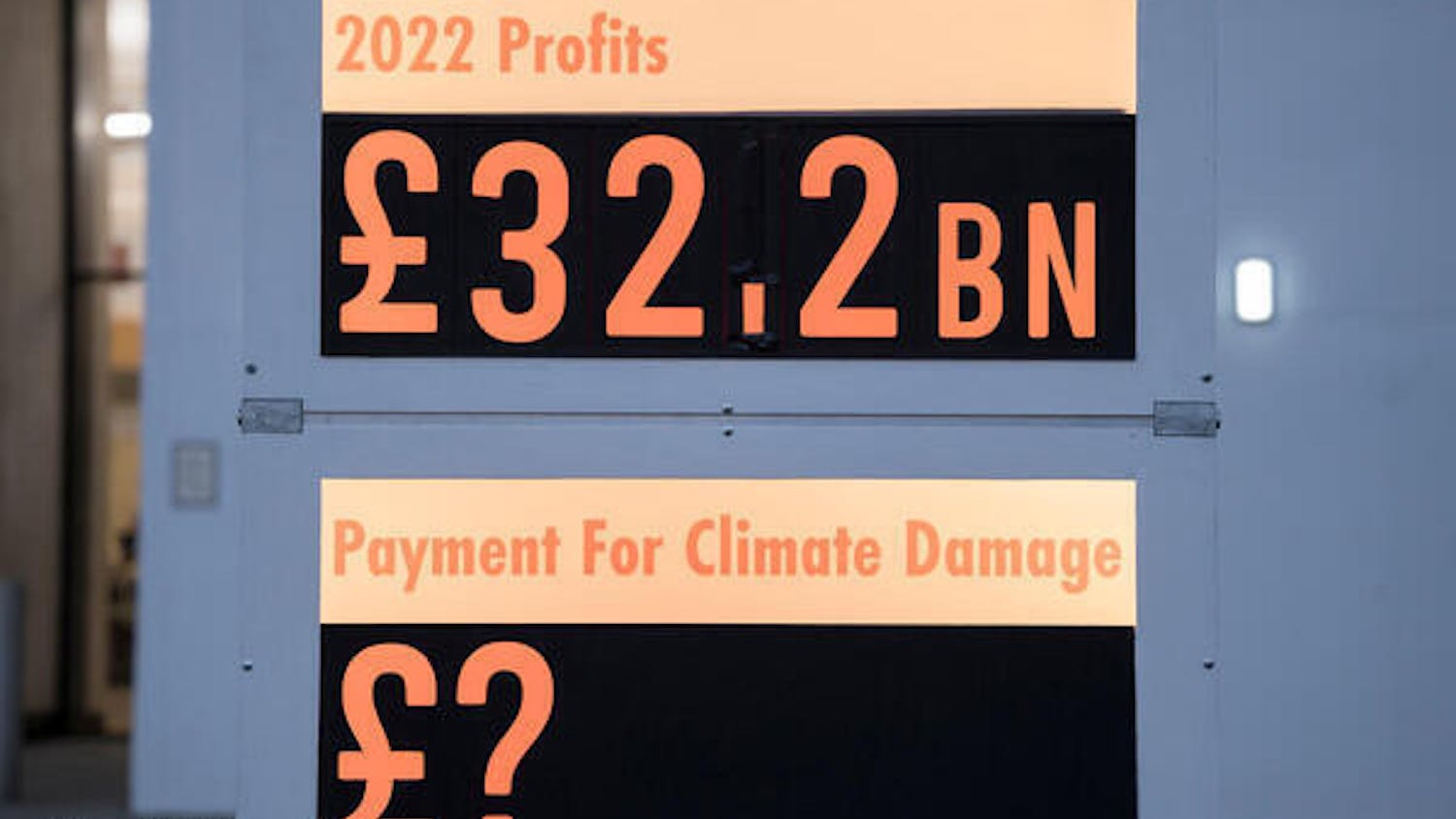I am constantly seeking new ways to live the greenest lifestyle I can, but it’s not always easy, especially as a college student. I’m often limited by money and space to practice easy at-home sustainable practices. However, this doesn’t mean I can’t do anything, in fact there are many easy practices anyone can implement– college student or not. Perhaps the easiest practice to incorporate into everyday life is to eat less meat. There are many benefits to eating less meat, for yourself and the planet. Here are some reasons why
Eating too much meat is bad for our health
We eat a lot of meat– 264 pounds per person in 2020 to be exact. Many eat meat at most meals because of its richness in protein. While protein is essential for our diet, we are eating more than the USDA’s recommended dietary guidelines and there are health risks associated with doing so.
Particularly, several studies have found a correlation between long-term consumption of increasing amounts of red and processed meats and an increase in the risk of mortality, cardiovascular disease, type 2 diabetes, and certain forms of cancer. The World Cancer Research fund went even further, stating processed meats should be avoided altogether. So maybe at breakfast, consider skipping out on the bacon or sausage and just stick to eggs, another great source of protein.
The agriculture industry contributes heavily to U.S. greenhouse gas emissions.
Agriculture was responsible for 11% of total U.S. greenhouse gas emissions in 2020. Cows have a lot to do with this number, as their natural digestive processes are responsible for releasing high amounts of methane, a process called enteric fermentation. To say it plainly, cow farts release tons of methane. They alone make up over a quarter of agriculture emissions.
This sector also doesn’t recognize the transportation aspect involved in agriculture: transporting livestock to slaughter houses, transporting meat to grocers, and transporting feed for the animals. So total emissions involved including the transportation process make the percentage bigger. Though it is important to note the transportation sector includes these emissions, there is just not a specific percentage related to agricultural transportation.
Agriculture is the lowest of the five contributing sectors, but perhaps the area with the most opportunity for personal change. Transportation is hard to control for many because of work and everyday obligations, but our eating habits don’t have to be.
Raising livestock requires lots of water use.
Livestock only makes up less than 1% of total freshwater withdrawals, but this number is deceiving. This percentage accounts for livestock drinking water, sanitation, facility washes and related uses. However, it excludes how much livestock relies on irrigation water, the number one use of water. 36% of croplands go directly to livestock feed, these crops mainly being grain and corn. So while livestock doesn’t directly require that much water, indirectly these animals tap into a lot of our freshwater.
Livestock farms take up nearly half of the world’s available land.
Farm animals require a ton of space, especially grazing species like cattle and buffalo. Agriculture sites take up half of all available land and nearly 80% of that is dedicated to animal farms. And this space isn’t just readily available open pastures, often land must be cleared to make room for animal farms. Thus animal farms also contribute heavily to habitat/biodiversity loss and deforestation. Perhaps what's most shocking about this is though animal farms take up this much land, only 18% of our global calorie supply comes from meat and dairy. The majority comes from plant based foods.
This is a short list of only a few reasons why we should all aim to eat less meat. Plant based meats are a great alternative and vegetables can be great sources of protein that often go unrecognized. These changes don’t need to be drastic: meatless Mondays or practicing eating one meal a day without meat are both great solutions. Think you can’t live without less meat in your life? Maybe at least try reducing your beef consumption as it has the greatest carbon footprint and overall environmental impact.
Taylor Henninger is a sophomore studying journalism at Ohio University. Please note that the views and opinions of the columnist do not reflect those of The Post. Do you agree? Tell Taylor by emailing her at th873120@ohio.edu.






